Does Auto Insurance Cover Transmission Repair?
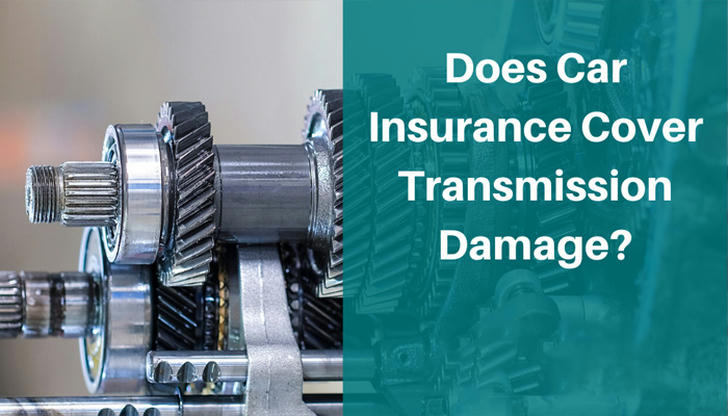
Auto insurance is designed to protect drivers from unexpected costs, but its scope can vary widely. If you’re wondering whether your policy covers transmission repairs, you’re not alone. Transmission problems can be expensive, and understanding how insurance handles such repairs can save you time, stress, and money. Let's break down everything you need to know about auto insurance and transmission repair.
What Types of Car Repairs Are Covered by Insurance

Auto insurance typically doesn't cover every type of car repair. Policies are primarily designed to cover damages related to accidents, natural disasters, or theft. Repairs due to mechanical failure, wear and tear, or lack of maintenance are generally excluded unless they result from a covered event.
Common Repairs Covered by Insurance
Here are examples of repairs typically included under most auto insurance policies:
• Accident-related damage: Repairs from collisions or crashes are usually covered under collision insurance.
• Damage from natural disasters: Comprehensive coverage handles issues like hail, flooding, or fire.
• Theft or vandalism: Comprehensive policies also cover vehicle damages caused by theft attempts or vandalism.
• Hit-and-run incidents: If you have uninsured motorist coverage, damages caused by hit-and-run drivers might be included.
Mechanical Repairs and Insurance
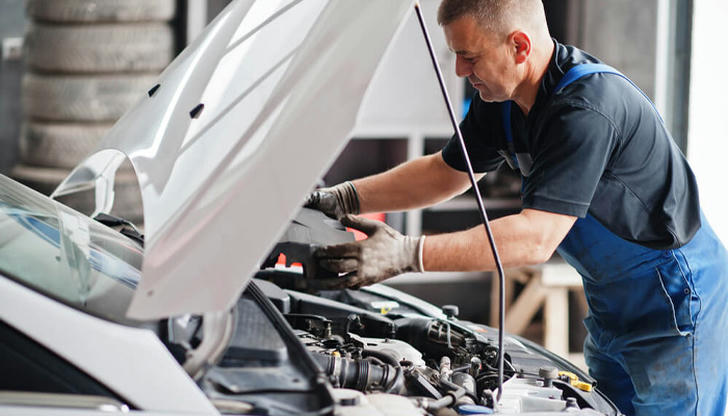
While standard wear-and-tear repairs, such as a failing battery or worn brakes, are excluded, exceptions may apply:
• Transmission damage from an accident: If your car’s transmission is damaged in a collision, your insurance will likely cover the repair costs under collision coverage.
• Damage from natural disasters: If flooding or fire affects the transmission, your comprehensive insurance might pay for repairs.
What’s Not Covered
Typical exclusions for auto insurance include:
• Routine maintenance: Oil changes, tire rotations, or brake replacements.
• Wear and tear: Issues arising from normal usage, such as aging transmission parts.
• Neglect or lack of maintenance: Failures caused by improper care of your vehicle.
How Auto Insurance Handles Mechanical Breakdown Claims
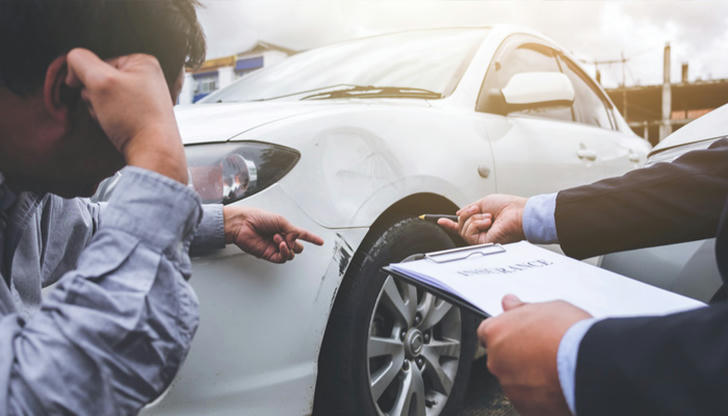
Mechanical breakdowns, including transmission failure, are tricky when it comes to auto insurance. Generally, these repairs are not covered unless they result from an insurable event.
Coverage Scenarios for Mechanical Breakdowns
Here are a few situations where your transmission repair might be covered:
Collision Damage: If you were involved in an accident and the impact damaged your transmission, the repair costs could be covered under collision insurance.
Flood Damage: Comprehensive insurance might handle claims if your transmission is damaged due to water ingress.
Theft-related Damage: If thieves attempt to steal your car and damage the transmission in the process, comprehensive coverage could apply.
Fire Damage: Transmission damage caused by a fire may also be covered by comprehensive insurance.
Specialized Coverage for Mechanical Breakdowns
Some insurers offer mechanical breakdown insurance (MBI), a specialized policy for vehicle mechanical issues, including transmission repair. This coverage functions similarly to an extended warranty and is worth considering for newer vehicles.
Steps to File a Claim for Transmission Repairs
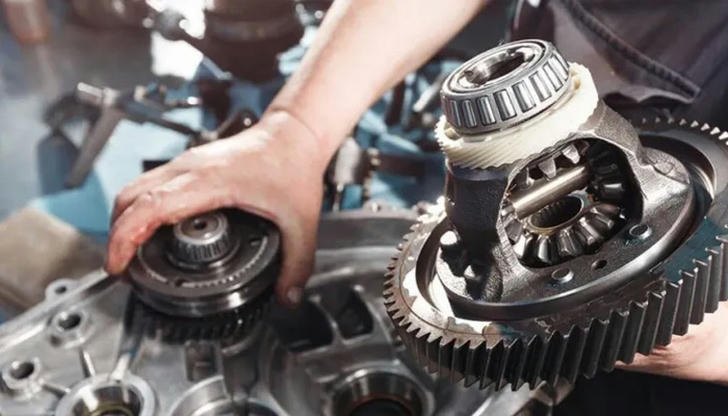
If you believe your insurance might cover the transmission repair, here’s what to do:
Document the Damage: Take pictures and gather details about what caused the transmission issue.
Contact Your Insurer: Report the issue and check if your coverage applies to the situation.
Provide Evidence: Submit repair estimates, photos, and other necessary documentation.
Follow Adjuster Recommendations: Work with the adjuster assigned to assess your claim.
When Insurance Denies Transmission Repair Claims
In cases where your claim is denied, consider:
• Reviewing Your Policy: Ensure the situation aligns with policy coverage terms.
• Appealing the Decision: Provide additional evidence or consult with your insurer for further review.
• Exploring Alternative Options: Check for manufacturer warranties or extended warranties for potential coverage.
Factors That Determine Coverage for Transmission Repair
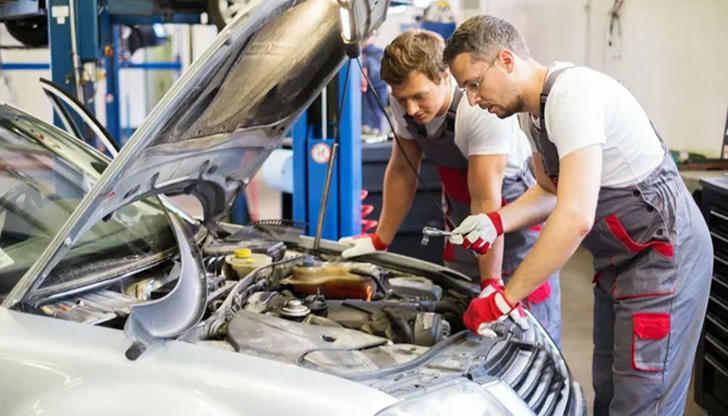
1. Type of Insurance Coverage
Your policy type—collision, comprehensive, or liability—affects whether transmission repair is covered.
• Collision insurance: Covers accident-related transmission damage.
• Comprehensive insurance: Addresses non-collision incidents like flooding or fire.
2. Cause of Damage
Insurance only applies if the transmission issue results from a covered event. Routine wear or lack of maintenance isn’t included.
3. Policy Terms and Limits
The specifics of your policy, such as deductibles and coverage limits, impact how much your insurer will pay for repairs.
